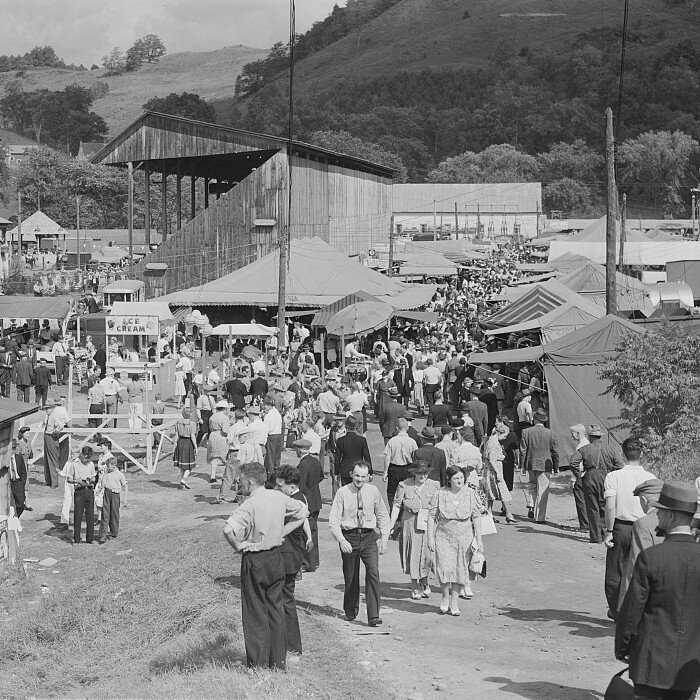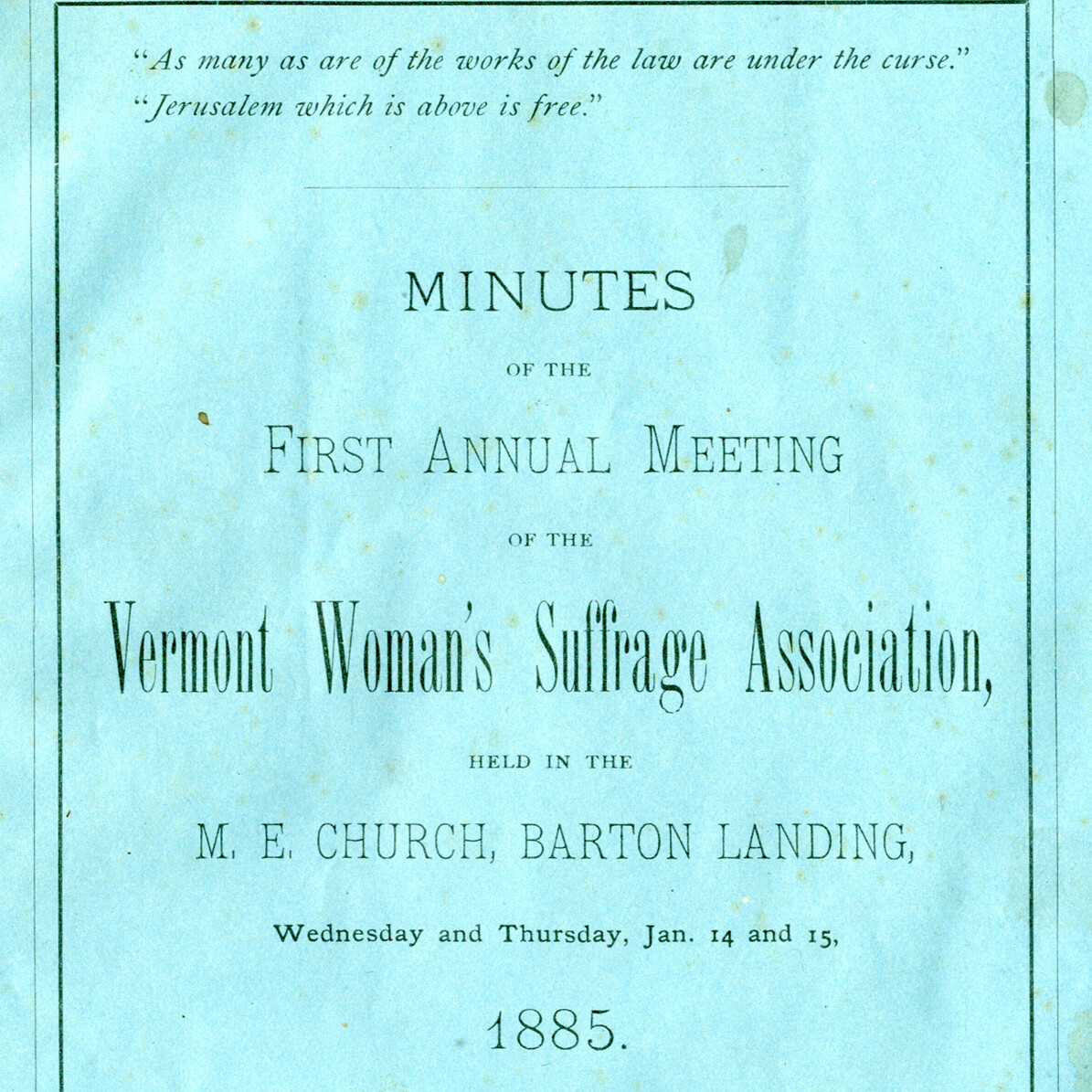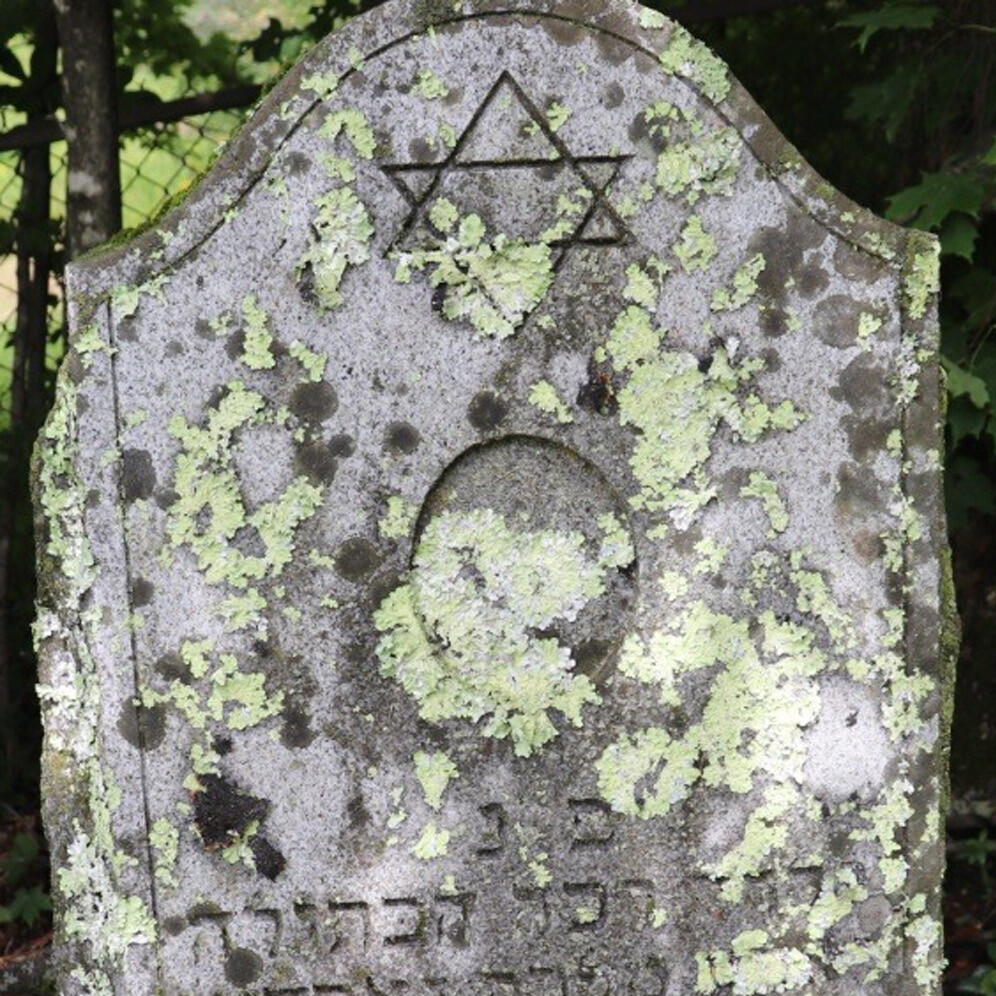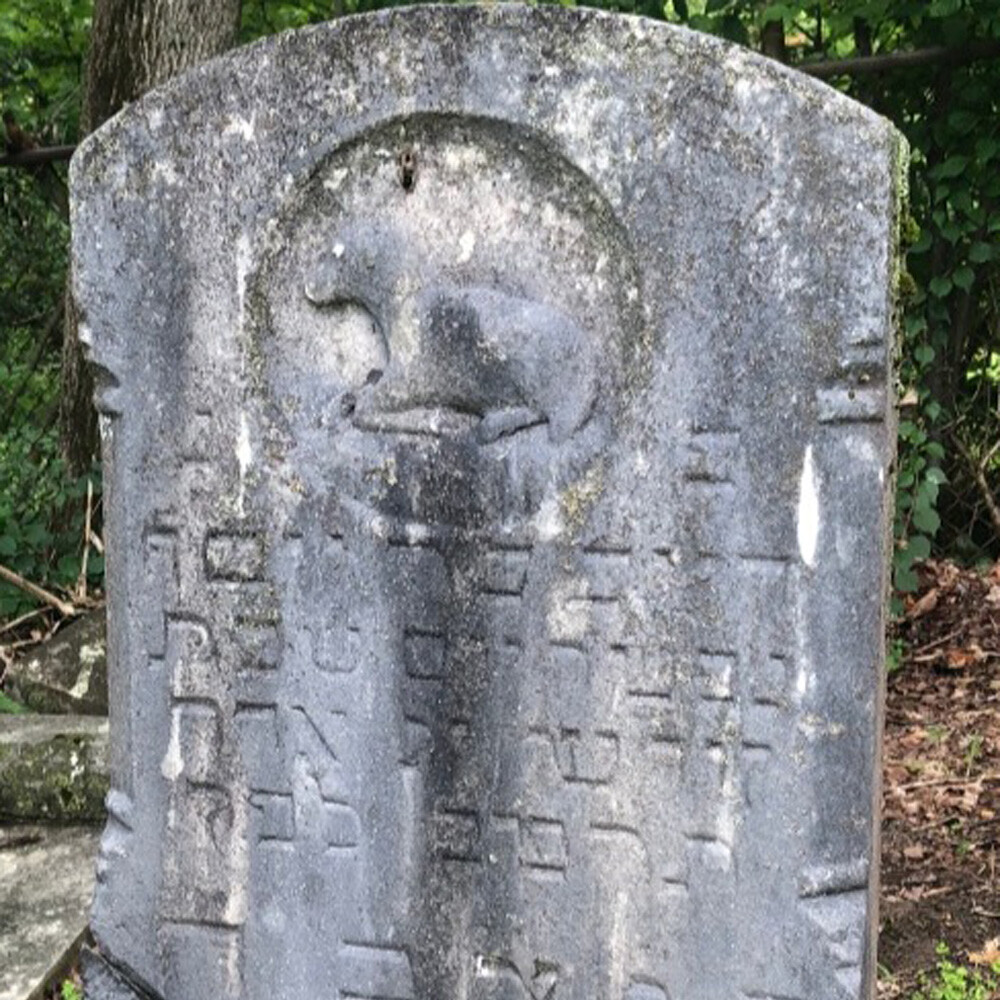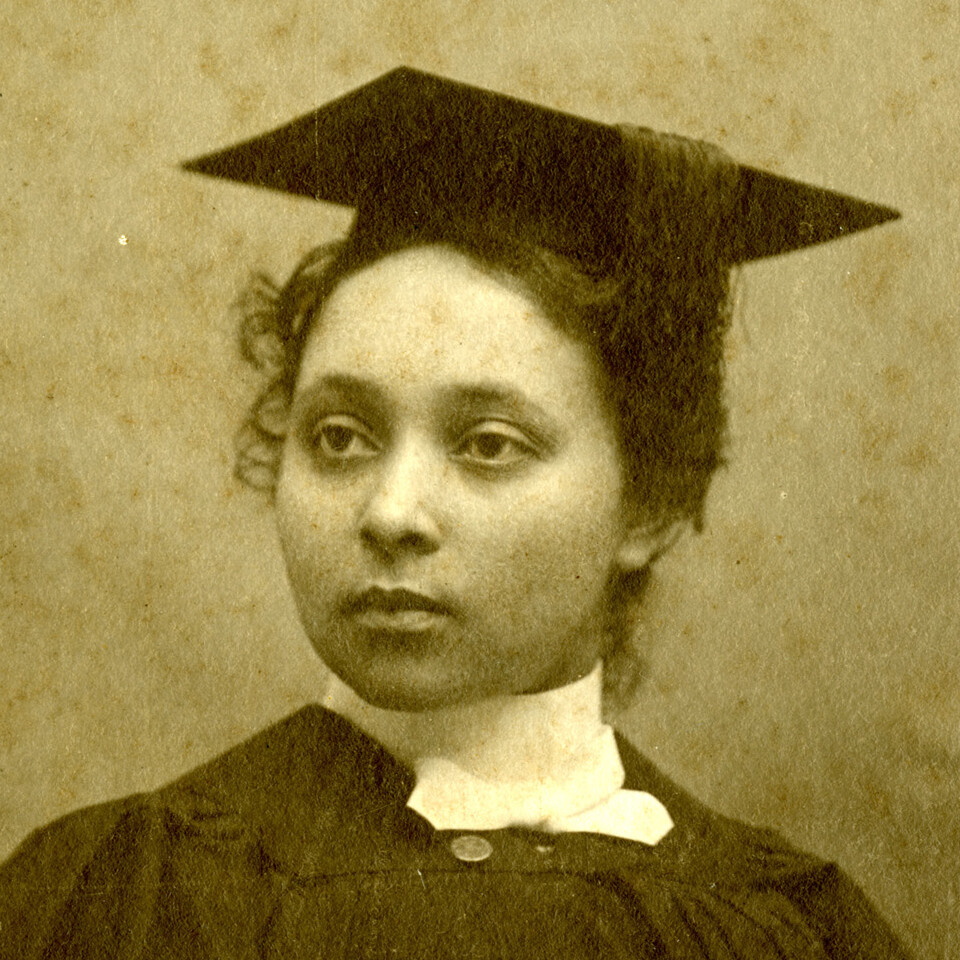Vermont history from 1850-1899
What historic events happened in the second half of the 19th century?
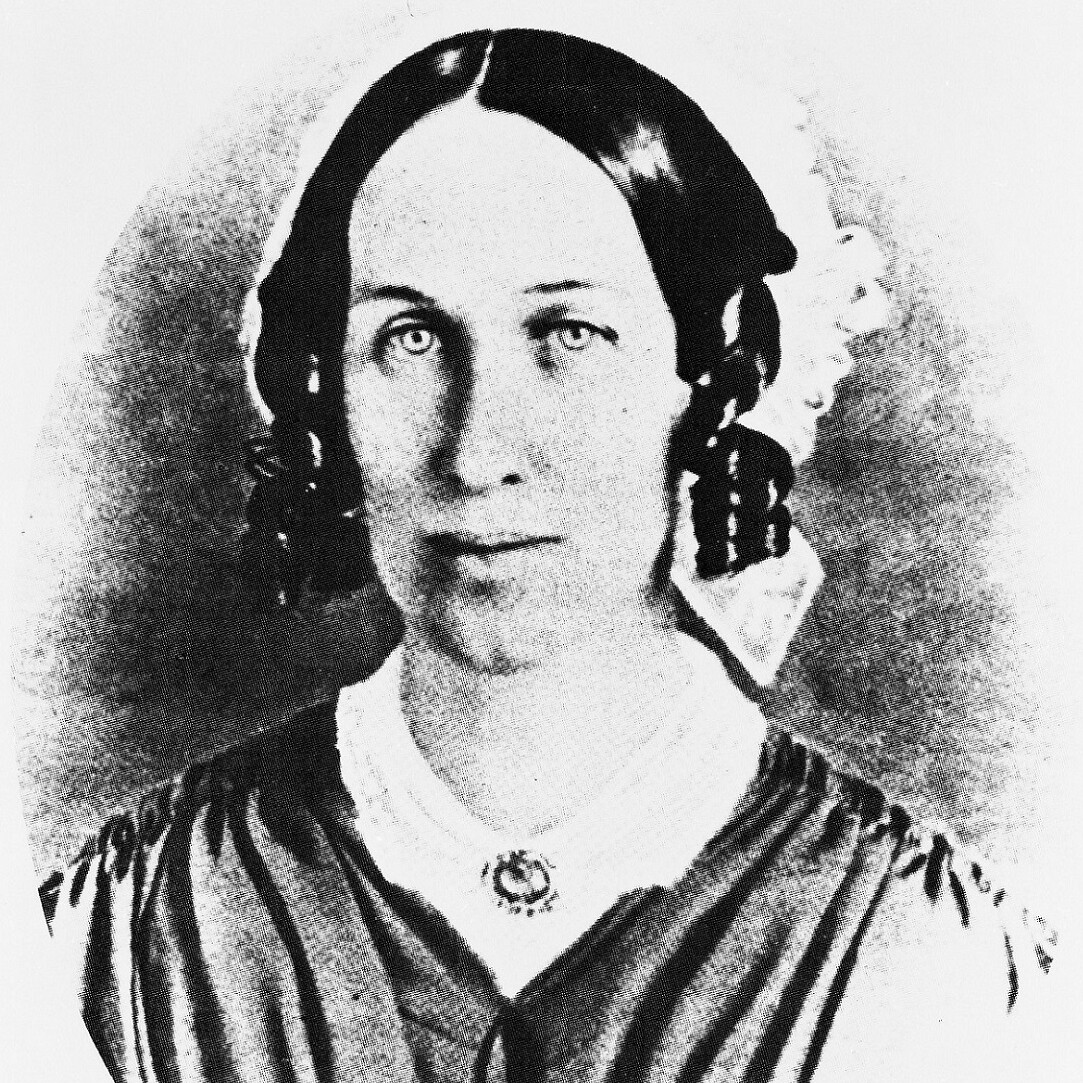
September 6, 1853
Clarina Howard Nichols gave a speech at the Woman's Rights Convention in New York City. She was from West Townsend. Nichols was a journalist, suffragist, and the editor of a newspaper in Vermont. She believed that women should have the right to vote.
Clarina Howard Nichols (video)
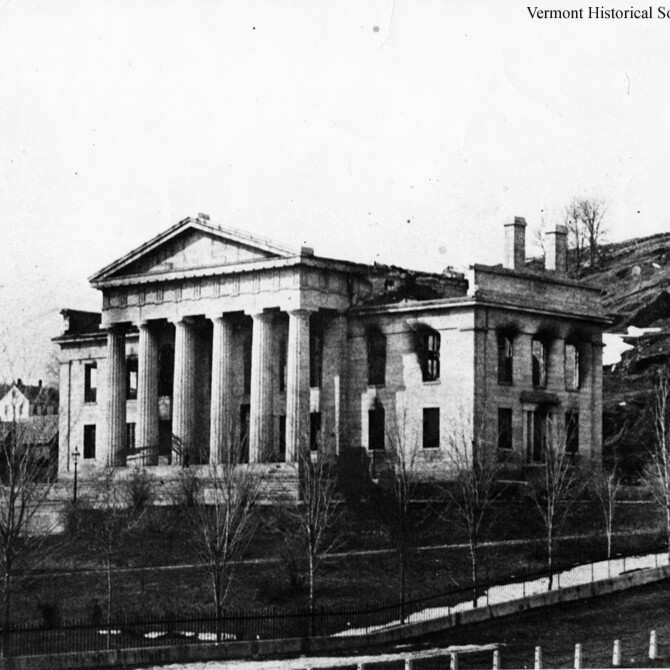
January 6, 1857
Vermont's second State House was destroyed by fire. A stove, left burning all night to warm the building for a special session of the General Assembly the next morning, became so hot that it ignited the timbers near it.
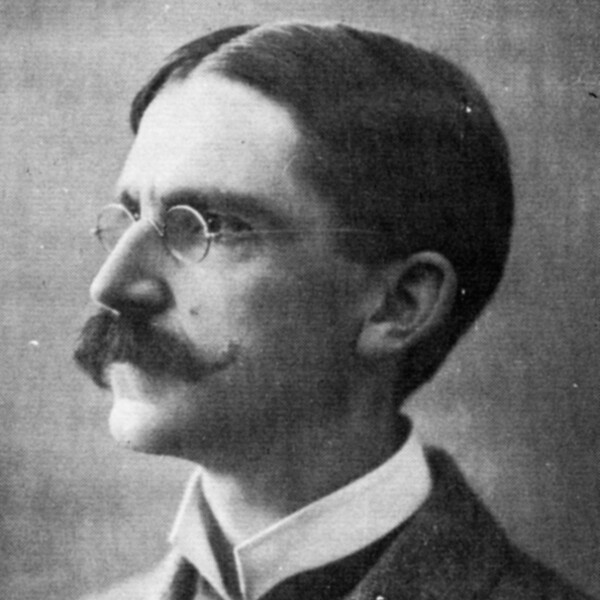
October 20, 1859
John Dewey, educator, philosopher, and reformer, was born in Burlington. Dewey believed that children learn best by doing. He changed the way school was taught in America and around the world.
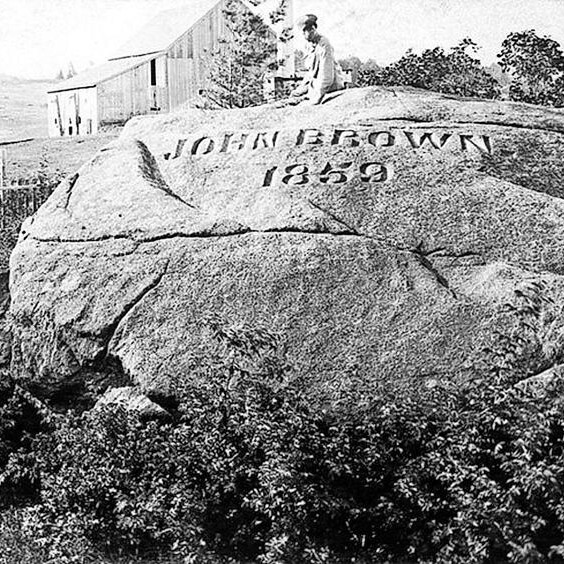
December 8, 1859
Reverend Joshua Young of Burlington, an abolitionist, angers his congregation by crossing Lake Champlain to preach at the funeral of John Brown in New York State. Brown had started a revolt to free southern slaves, but had been caught and hanged by the United States government.
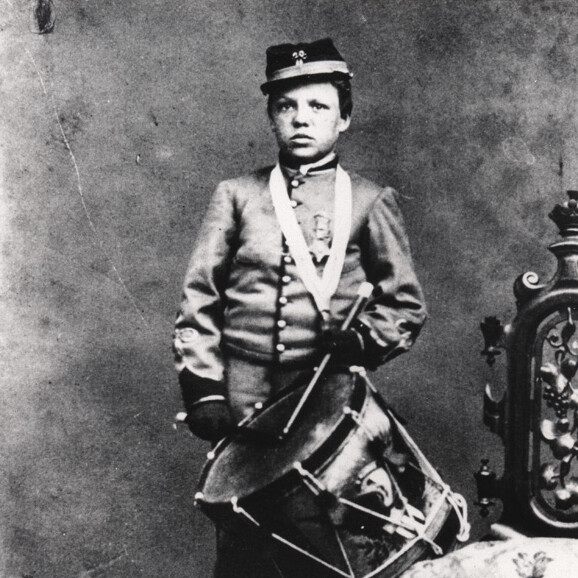
April 23, 1861
An emergency session of the state legislature is held, due to the outbreak of the Civil War. The first call goes out for volunteers to fight.
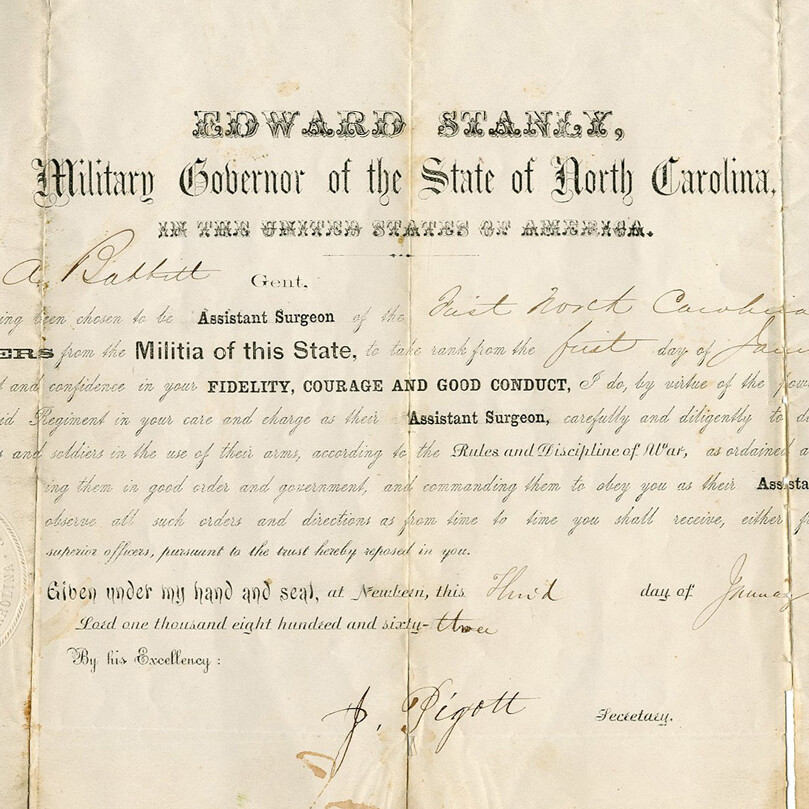
January 1, 1863
Robert A. Babbitt was appointed as Assistant Surgeon of a regiment in Washington, North Carolina during the Civil War. Babbitt was a soldier from Vermont whose regiment was based in a part of North Carolina occupied by Union troops. Soldiers from the Northern Army were in North Carolina fighting to end slavery.
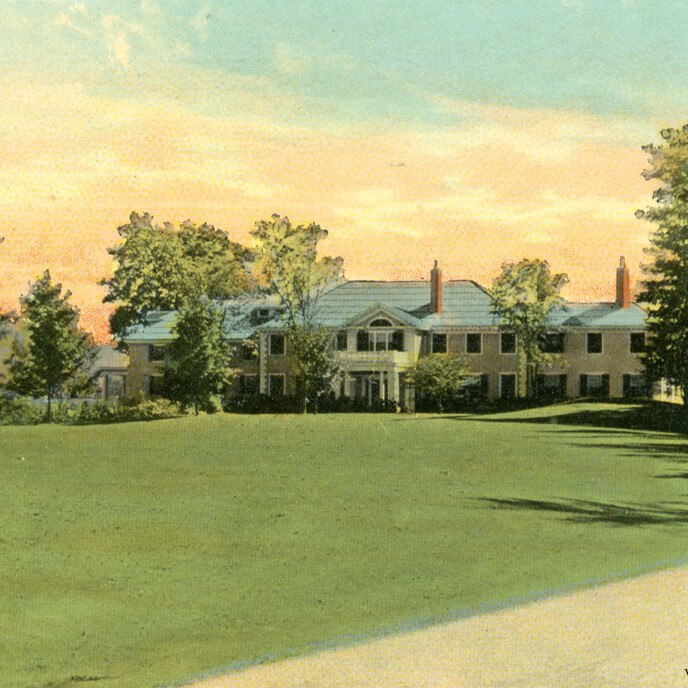
August 23, 1864
Mrs. Abraham Lincoln, her son Tad, and their servant signed in at the Equinox Hotel in Manchester for their second visit. Their rooms were #27, #50, and #51. Robert Todd Lincoln, the eldest son in the family, later bought Hildene, a Manchester mansion that is now a museum.
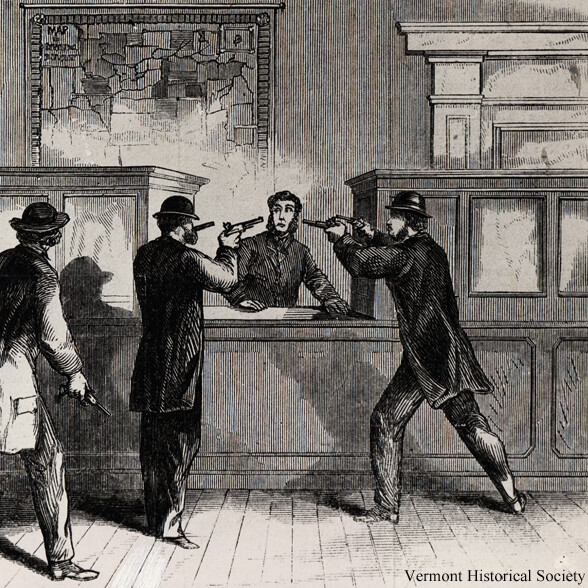
October 19, 1864
A small group of Confederate soldiers brought the Civil War home to Vermont by raiding St. Albans and robbing three banks. After killing one man and wounding others, they escaped into Canada.
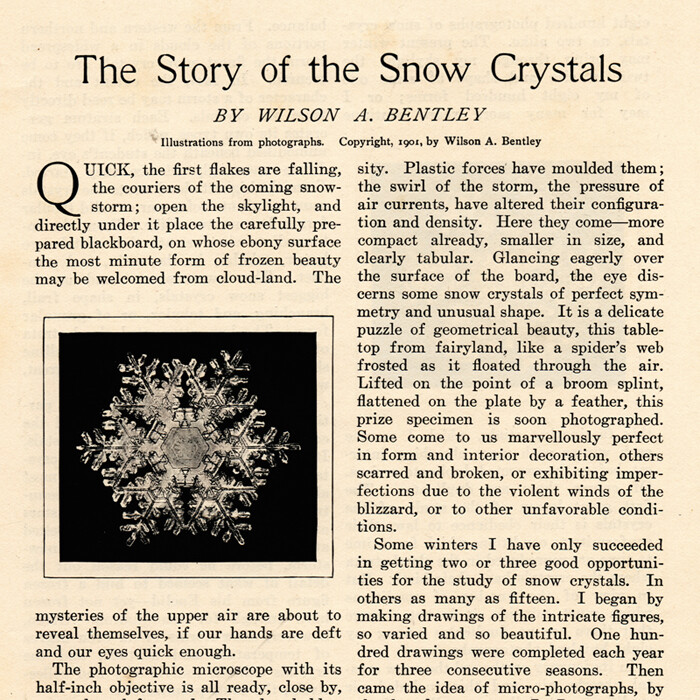
February 9, 1865
Wilson "Snowflake" Bentley was born in Jericho, Vermont. He was the first person to photograph snowflakes and discovered that no two were alike.
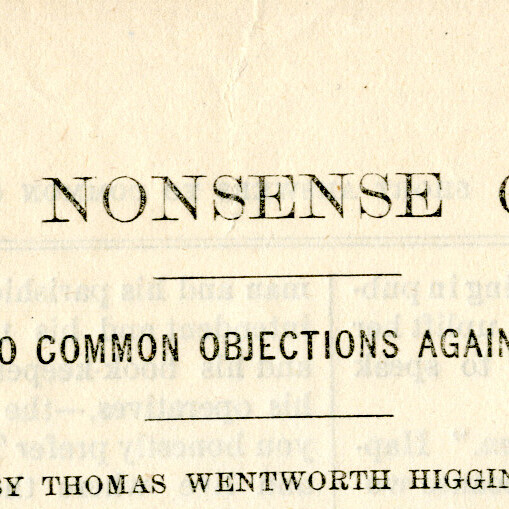
February 4, 1870
Lucy Stone, Julia Ward Howe, and many other famous American heroines spoke at the Women's Suffrage Convention held in Montpelier.
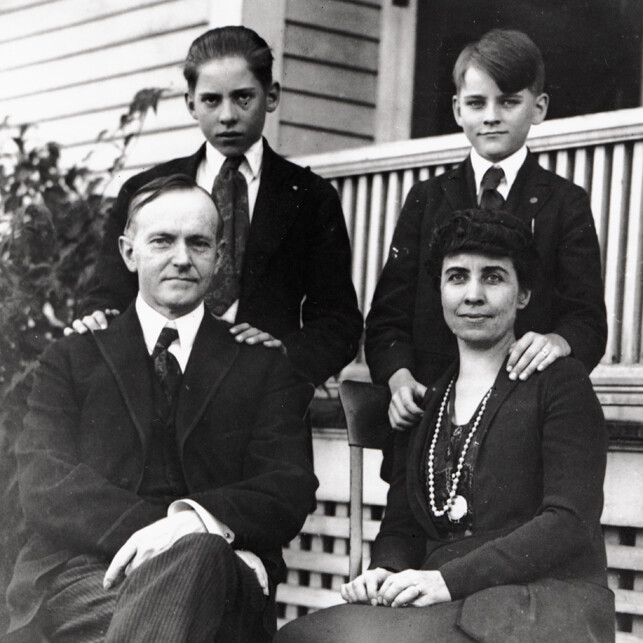
July 4, 1872
Calvin Coolidge, the thirtieth president of the United States, was born in Plymouth Notch, Vermont. Coolidge assumed the presidency from his position as vice-president, when President Harding died. At 2:47 a.m., on August 3, 1923, at the Coolidge's family farm, Calvin's father, John, swore in his son as president of the United States. Calvin Coolidge is the only U.S. president to be born on Independence Day.
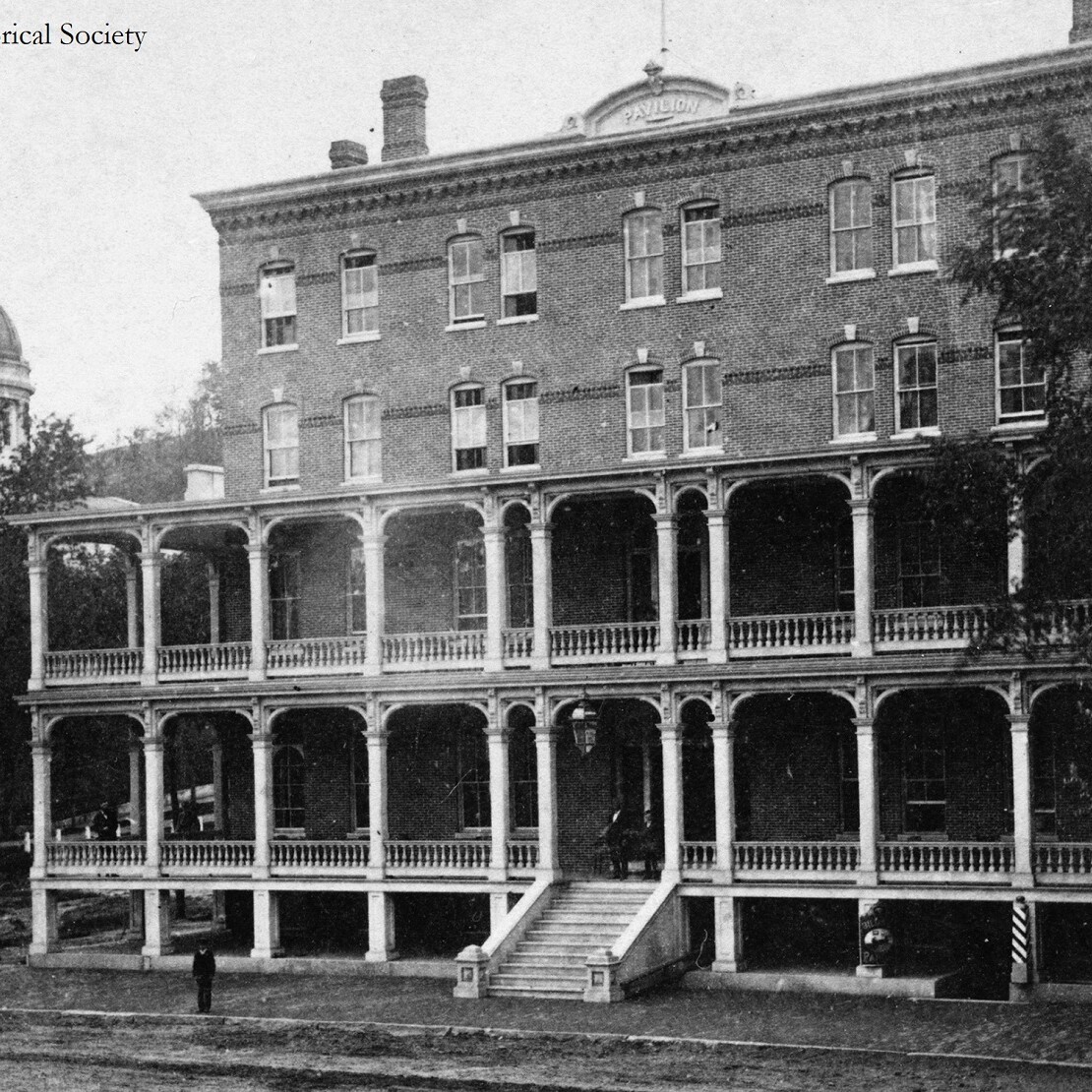
February 22, 1876
The Second Pavilion Hotel opened next to the Vermont State House in Montpelier, the capital city. It was known as the Third House because so many legislators stayed there. The hotel closed in 1966. In 1970, it was torn down and rebuilt as an office building.
Pavilion Building (video)
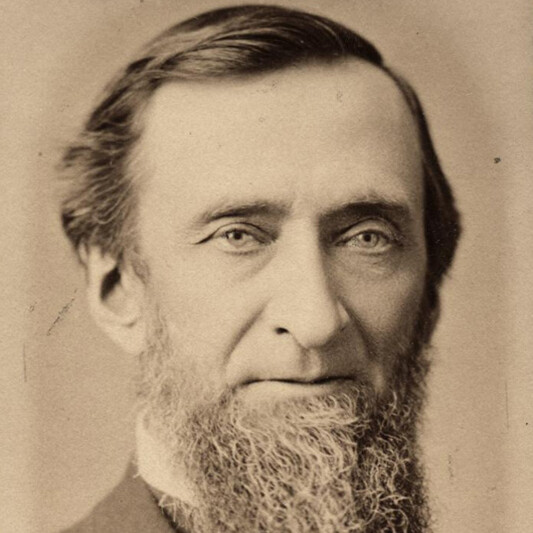
March 17, 1878
Redfield Proctor, founder of the largest marble company in the world, became governor of Vermont.
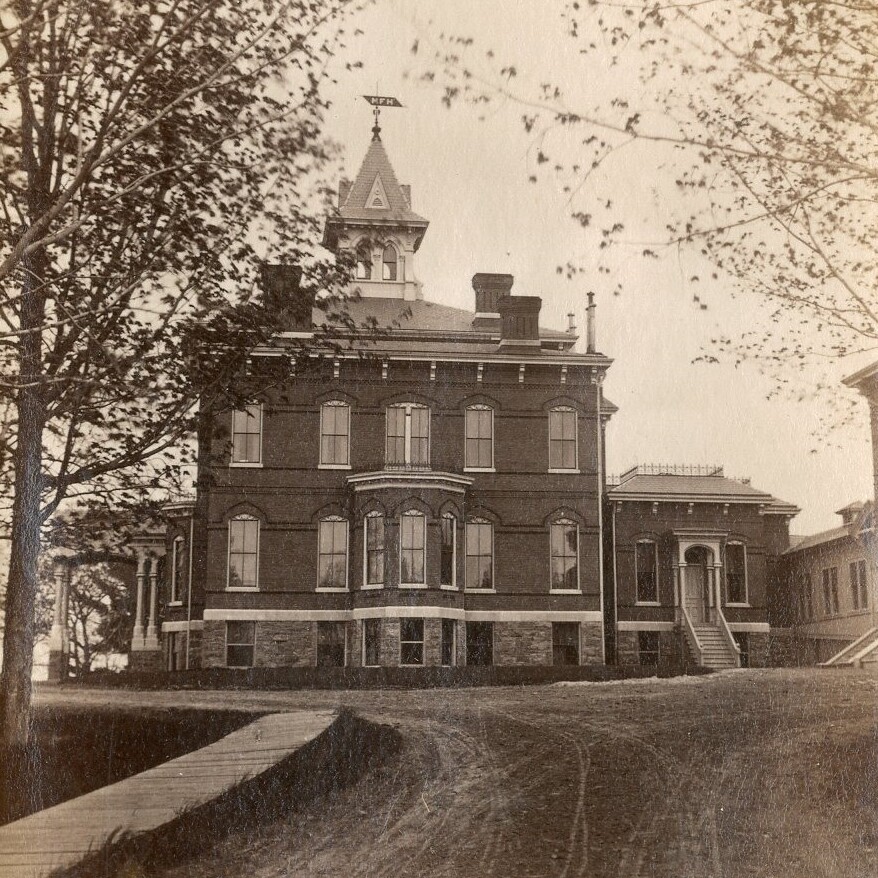
January 22, 1879
The Mary Fletcher Hospital opened in Burlington. It was the first teaching hospital in the state. A teaching hospital is a place that trains medical students and provides care to people who need it. Mary Fletcher used money from her rich father to build this hospital.
Mary Martha Fletcher (video)
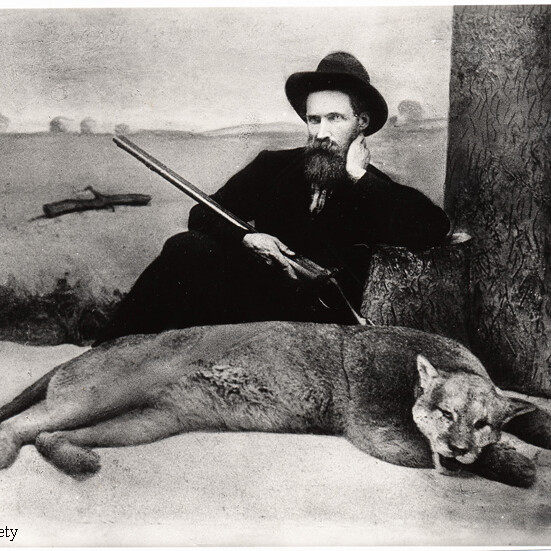
November 24, 1881
On this day, Alexander Crowell shot and killed the last catamount in Vermont. In the wild, catamounts ate deer and other animals. But in the 1800s, farmers had cut down many trees and turned forests into farms. Without the trees, there were not as many deer as before. The catamounts started eating sheep that lived on farms. The farmers and hunters killed the panthers to protect their sheep.
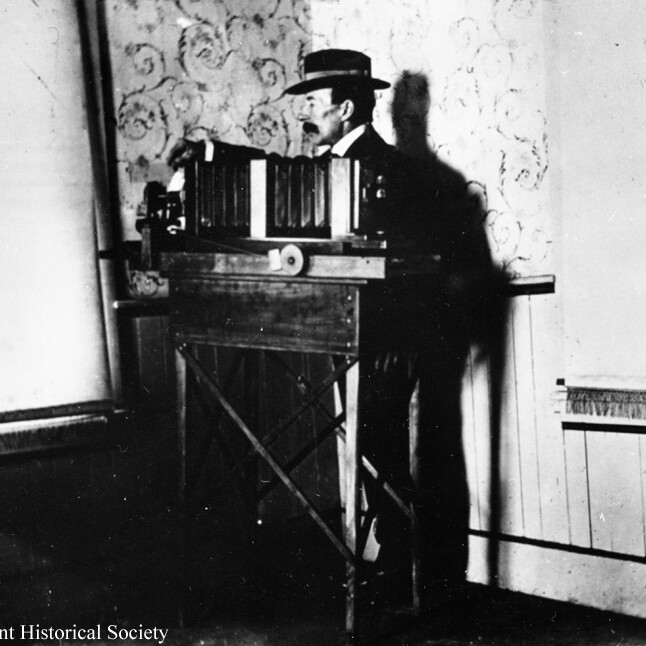
January 15, 1885
Wilson "Snowflake" Bentley takes his first successful photomicrograph of a snow crystal at his home in Jericho, Vermont.
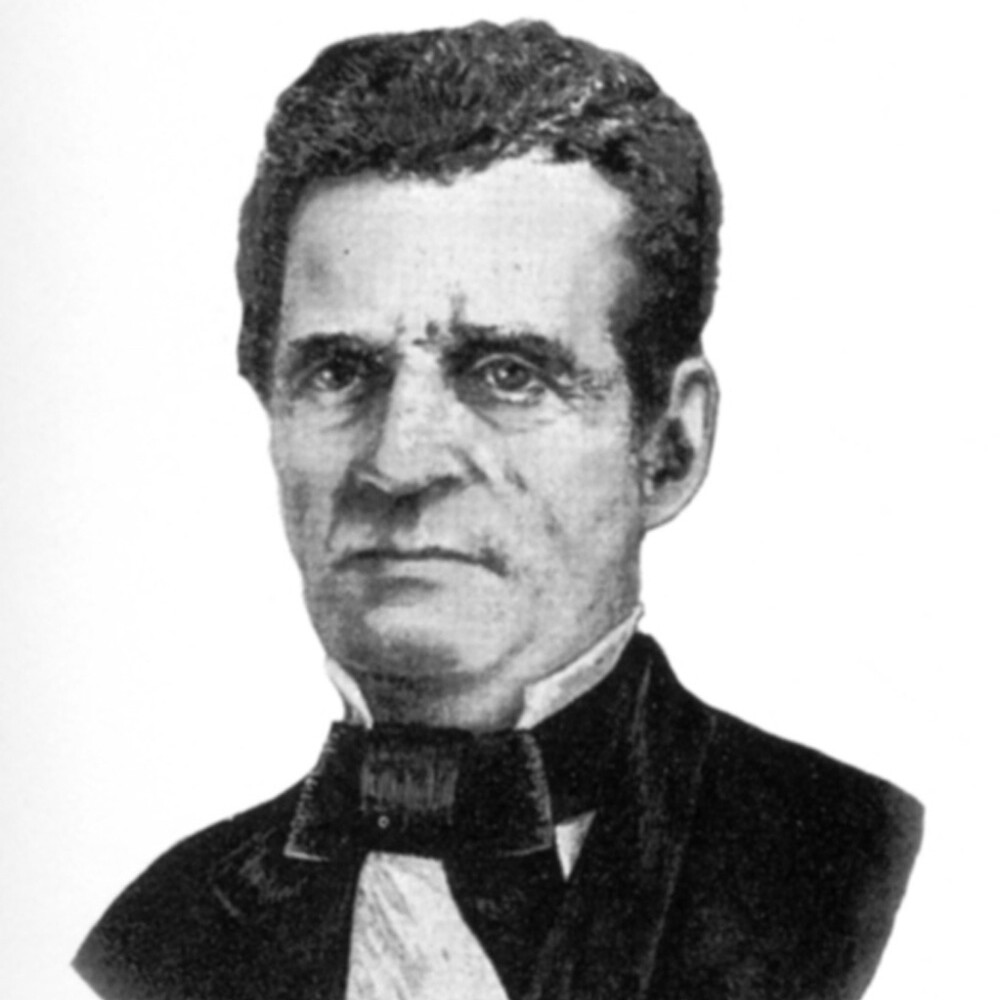
May 17, 1886
John Deere, a native of Rutland, developer of the self-scouring steel plow and founder of a farm machinery empire, dies in Moline, Illinois. His invention was known as the "plow that broke the plains," because it was used by farmers on the Great Plains.
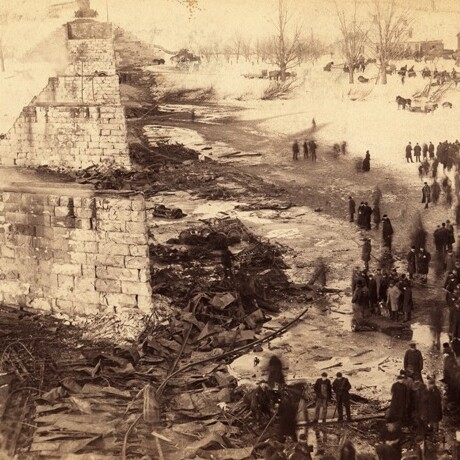
February 5, 1887
Vermont's most famous train wreck occurred at White River Junction when the Montreal Express was derailed on the huge bridge that crossed the river. Many people were killed in the fall, and more lost their lives as the wooden passenger cars and railroad bridge caught fire and burned.
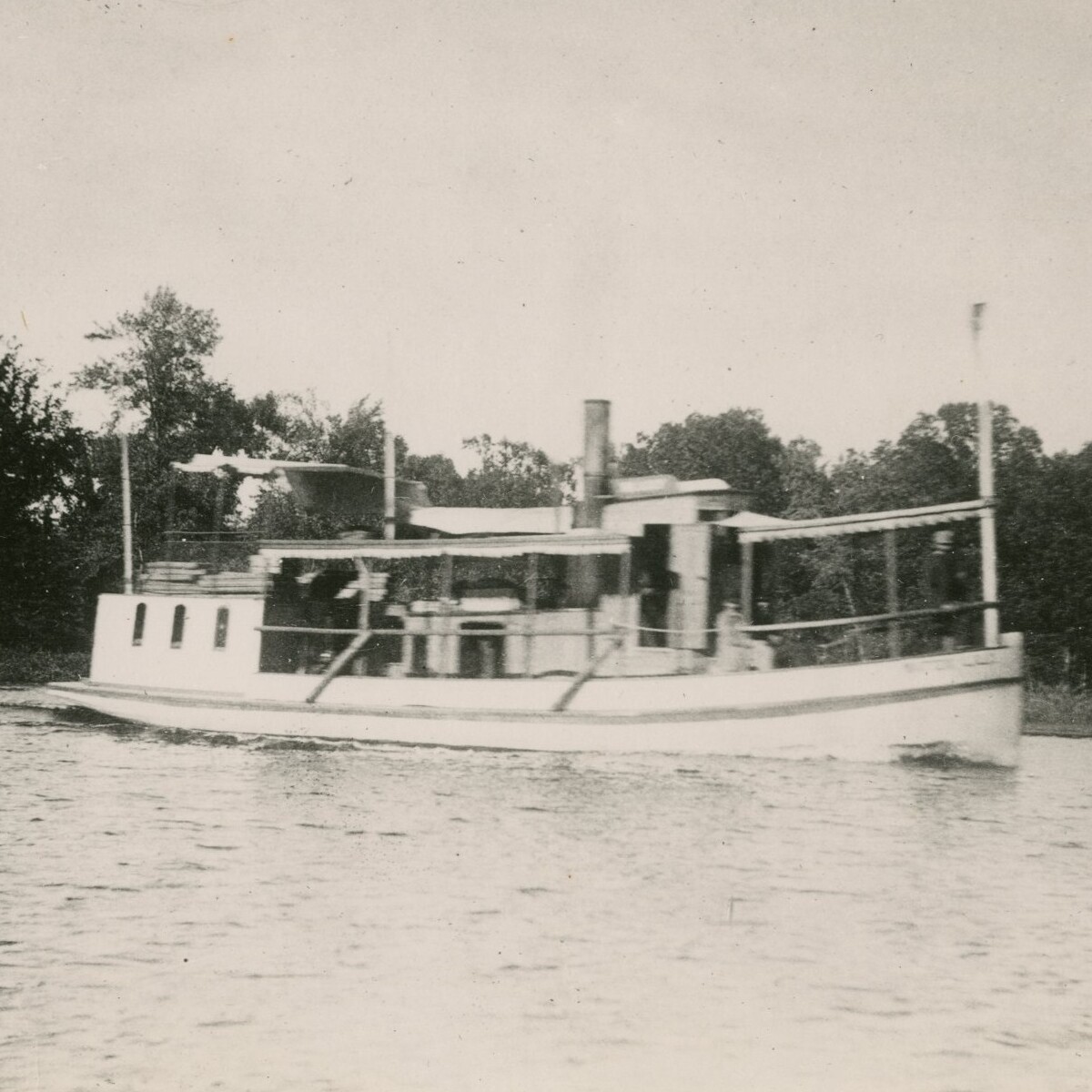
April 6, 1887
Philomene Daniels of Vergennes earned her pilot's license. She became the first woman steamboat captain in the world. Daniels ferried passengers from Vergennes, Vermont to Westport, New York. People called Daniels “Captain Phil”.
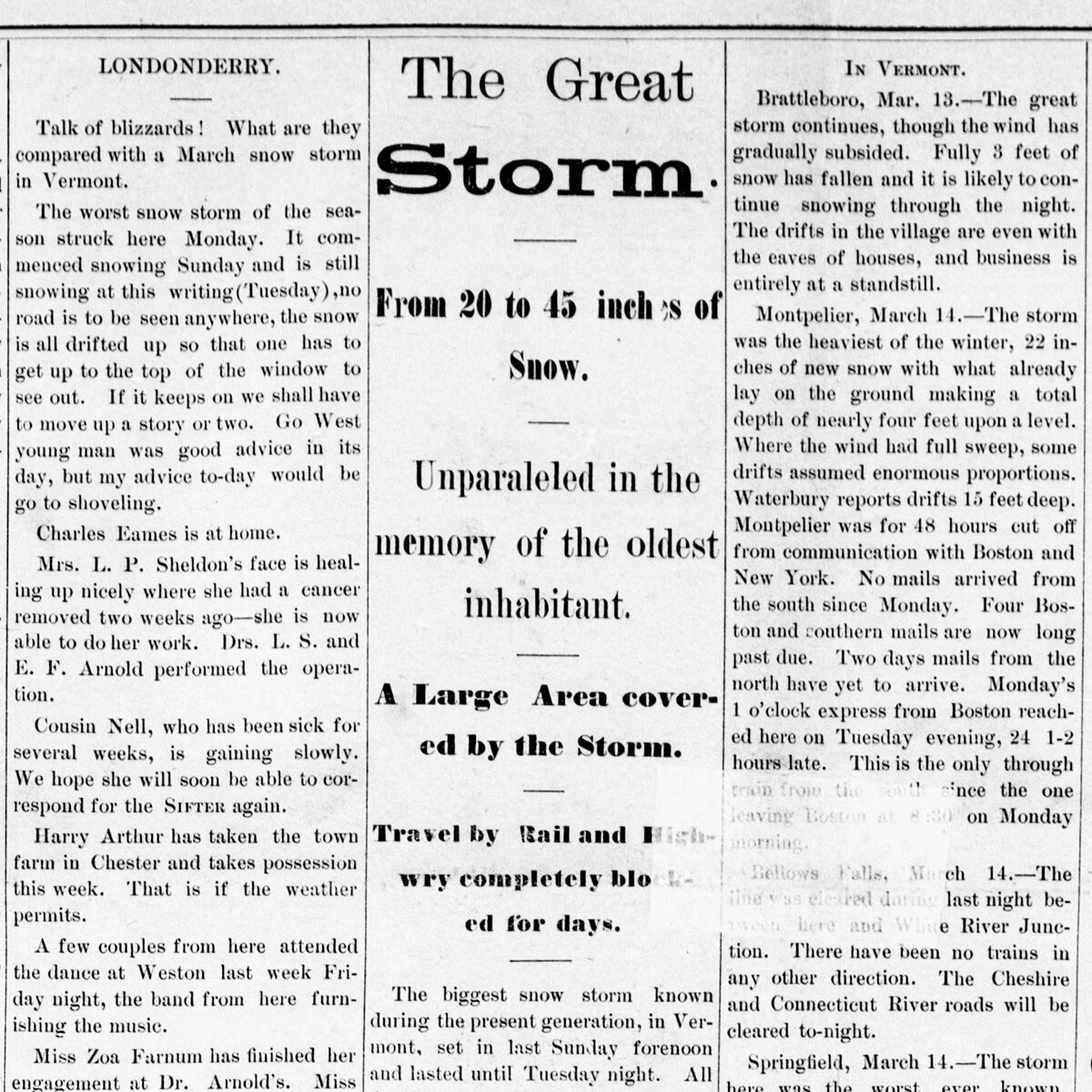
March 11, 1888
Snow started falling over most of Vermont and continued for three days. By the end of the Great Blizzard of 1888, Bennington had 4 feet of snow! And many other towns had over 2 feet of snow. The high winds blew the snow into massive drifts which blocked railroad trains and closed down cities.
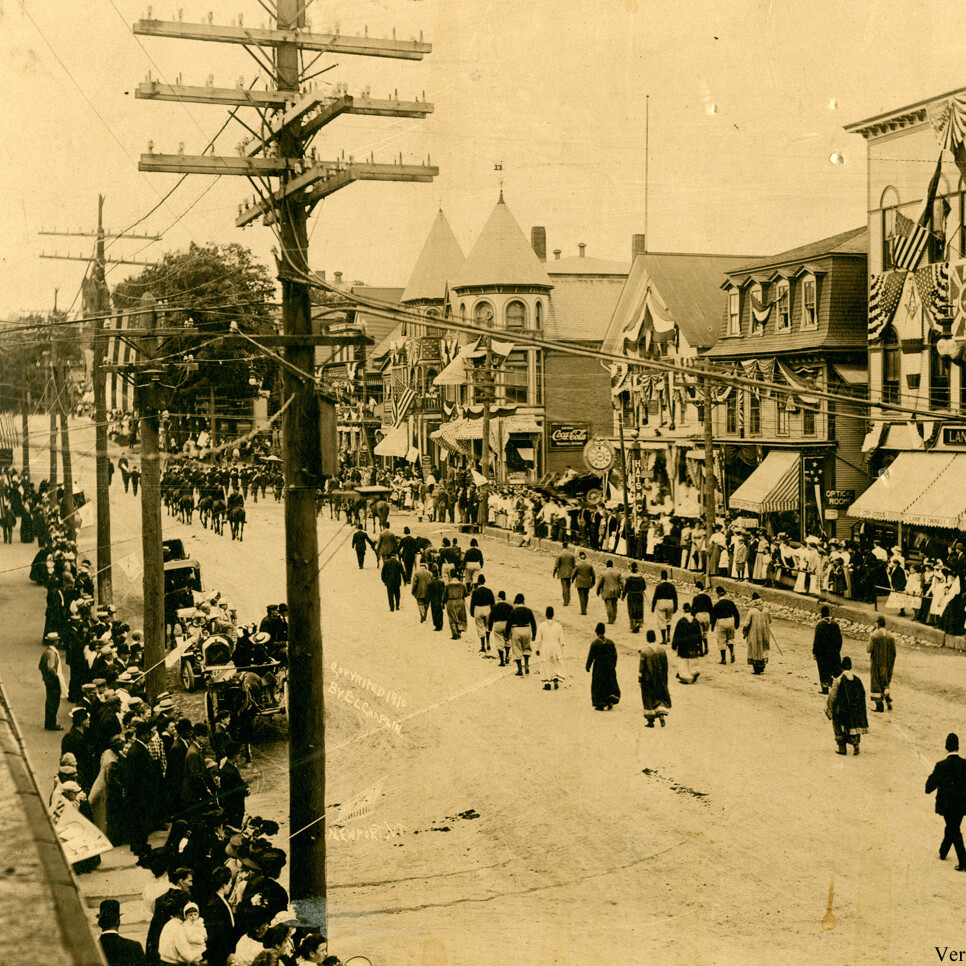
February 2, 1891
Electricity lights the streets of Newport for the first time. "A village without electric lights ain't much of a village," wrote the Newport newspaper.
And Then There Was Light - Electric Light (PDF)
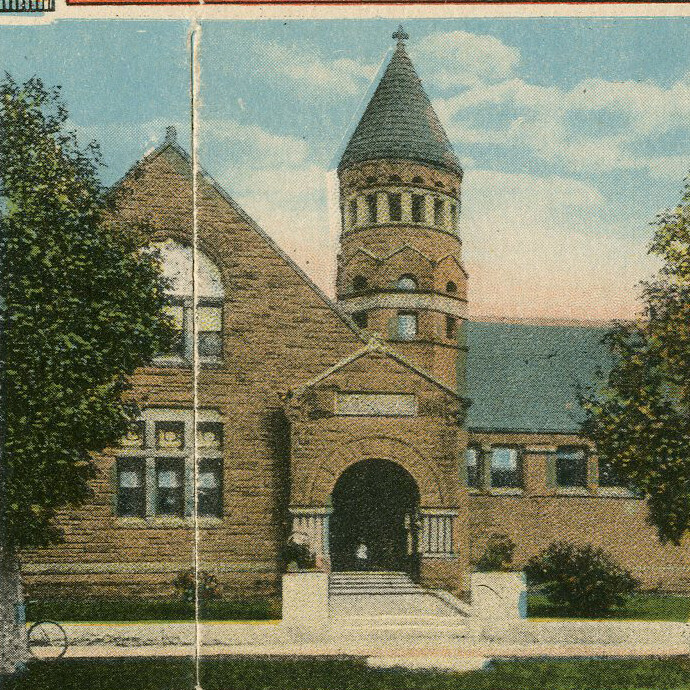
June 17, 1891
The last stone was placed in the building of the Fairbanks Museum of Natural History in St. Johnsbury. Franklin Fairbanks built the museum as a gift to the people of St. Johnsbury. The museum displayed the natural history collections owned by Fairbanks. A planetarium was added to the museum in 1961.

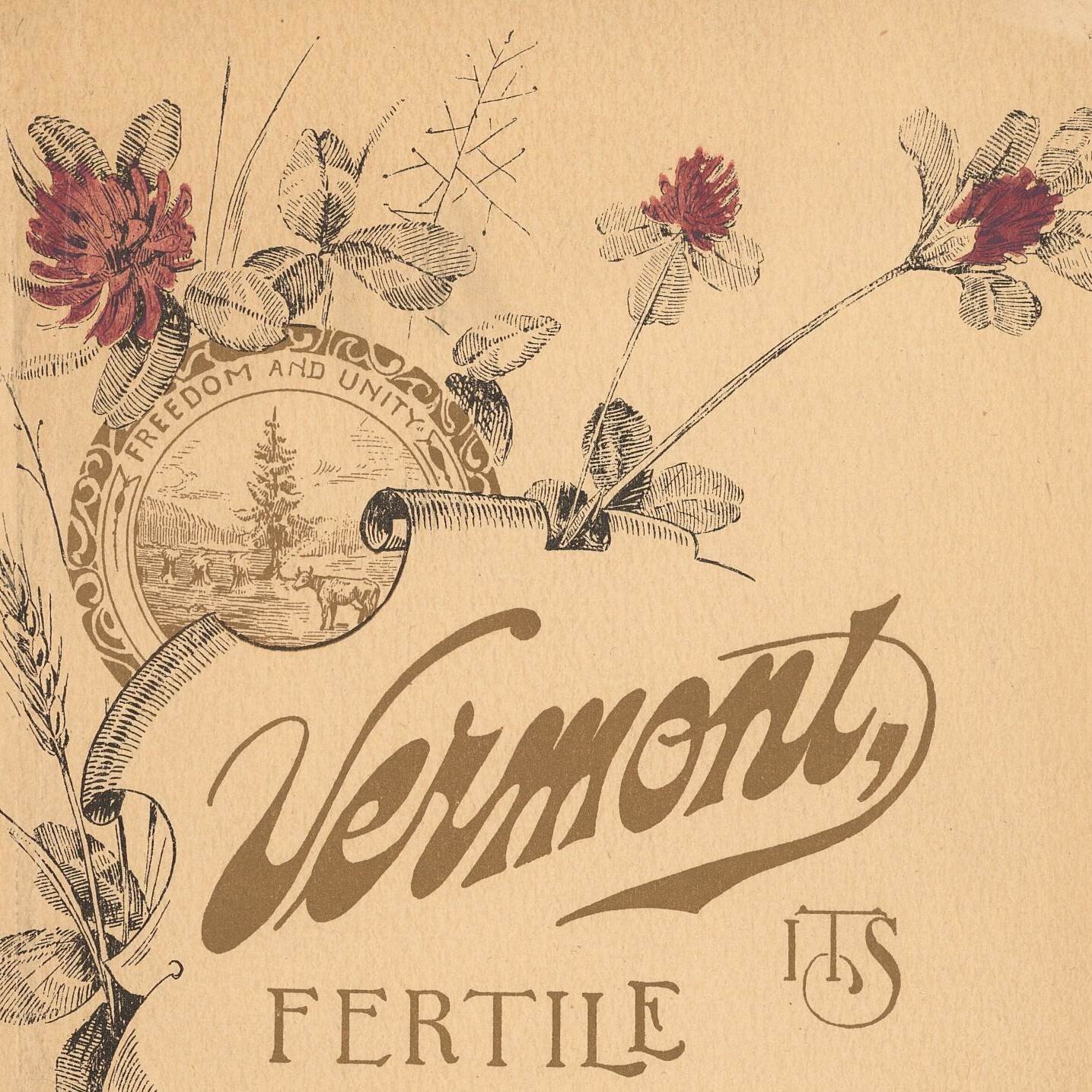
February 1, 1895
The red clover became the Vermont state flower. Clover was introduced to Vermont by farmers who used it to feed their animals.
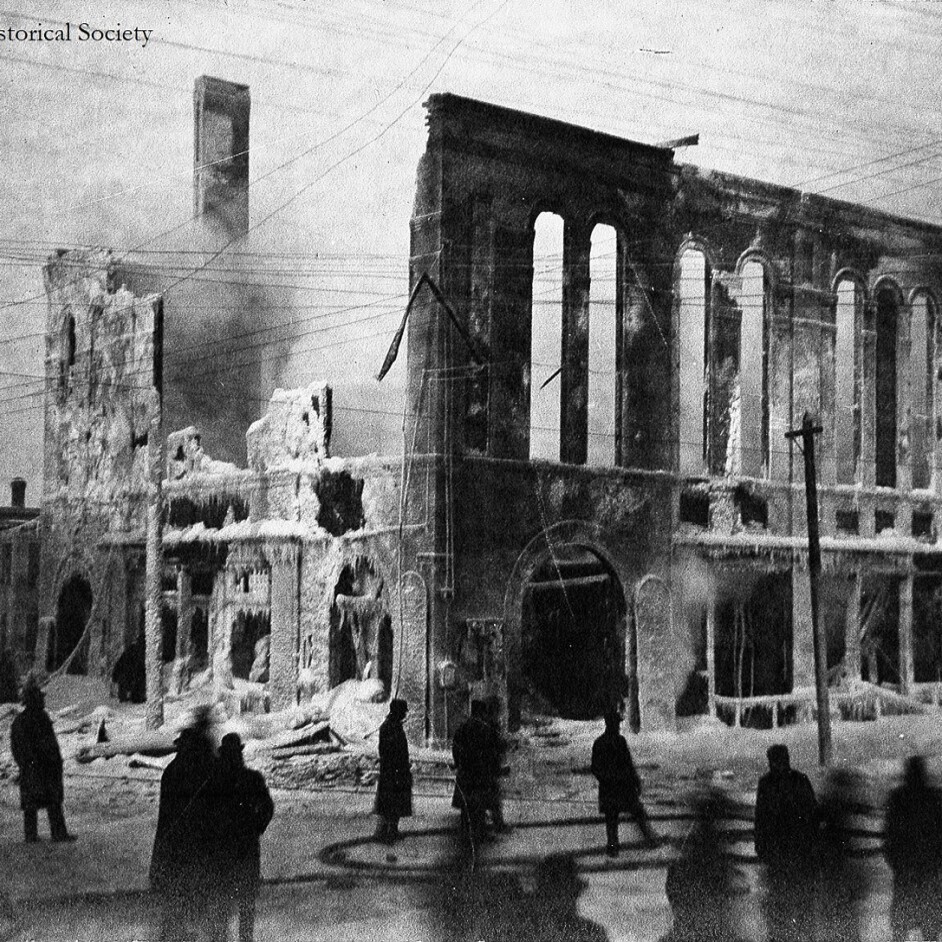
January 18, 1898
The Barre Opera House burned down. An opera house is a place to see plays or watch concerts. The fire began very early in the morning. Frozen fire hydrants made it difficult for the firefighters to put out the flames. The fire destroyed the entire building.
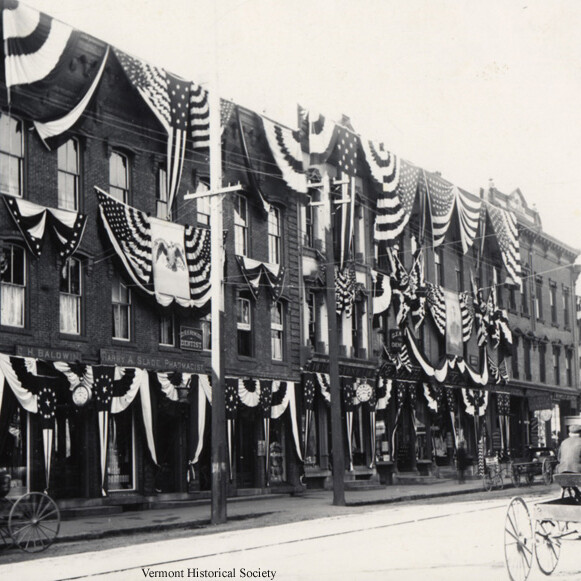
May 1, 1898
Admiral George Dewey, native of Montpelier, Vermont, won the Battle of Manila Bay by destroying the Spanish fleet. When Dewey returned to America, he was greeted by the nation as the greatest living naval hero.
Copy and paste this citation to show where you did your research.
Vermont Historical Society. "Vermont history from 1850-1899." Vermont History Explorer. Accessed January 28, 2026. https://blog.vermonthistoryexplorer.org/timeline1850-1899
